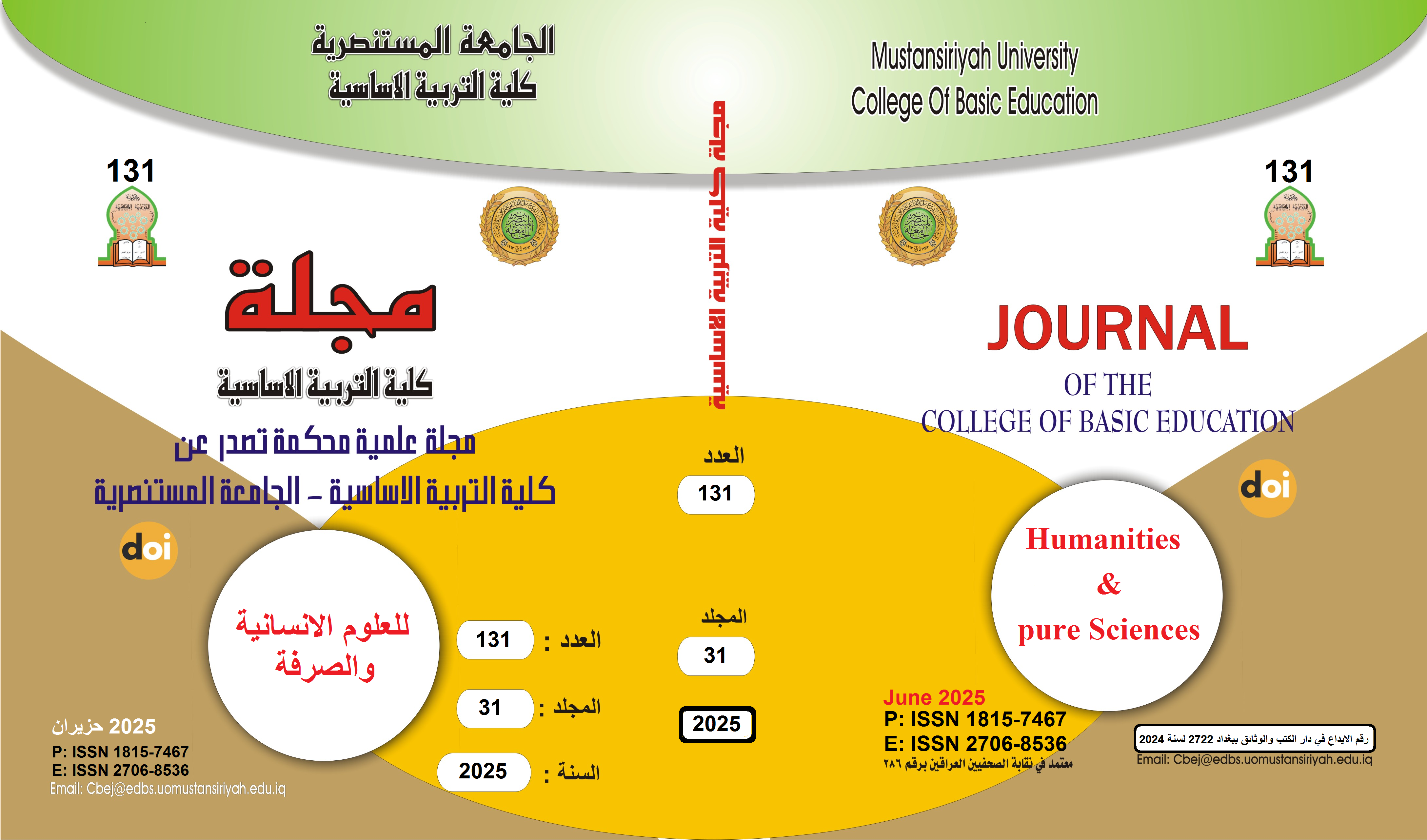The View of The Imami Shiite Scholars on The Origin of Promise And Threat According To The Mu'tazila
Main Article Content
Abstract
In our research titled "The Perspective of Shiite Imami Scholars on the Principle of Divine Promise and Threat in the Thought of the Mu'tazilites," we sought to highlight the views of Shiite Imami scholars on the principle of divine promise and threat as understood by the Mu'tazilites, and to clarify the points of agreement and disagreement between the two schools. To further enrich the study, the researcher also presented, in most parts of the research, the views of Sunni scholars, due to their general agreement with the Shiite Imami position on the issue of divine promise and threat. The research comprises three sections and a conclusion.
In the first section, we examined the concept of divine promise and threat. A promise is defined as a statement that involves the delivery of benefit or the prevention of harm, while threat is specifically related to harm or punishment. Both the Shiite Imami scholars and the Mu'tazilites agree that the divine promise does not change. However, the Mu'tazilites believe that God's threat is also unchangeable and cannot be revoked. In contrast, the Shiite Imamis hold that divine threat includes the possibility of pardon, which opens the discussion to related issues such as faith and the status of the grave sinner.
As for the second section, titled “The Grave Sinner and Eternal Damnation,” it presents the views of both the Mu'tazilites and the Shiite Imamis. The Mu'tazilites assert that the perpetrator of a grave sin is a transgressor who will abide eternally in Hell if they do not repent, relying on the general implications of the Qur’anic verses of threat. In contrast, the Shiite Imamis believe that a grave sinner who maintains prayer will not remain eternally in Hell, basing their view on both rational and textual evidence supporting this possibility.
The final section was dedicated to frustration (iḥbāṭ) and expiation (takfīr). Frustration is defined as the nullification of good deeds due to sins, while expiation refers to the erasure of sins through righteous acts. The Mu'tazilites believe that sins nullify good deeds, whereas the Shiite Imamis reject this view, affirming that sins and good deeds do not cancel each other out.
I concluded the study with a summary that outlined the most significant findings of the research.
Article Details

This work is licensed under a Creative Commons Attribution-ShareAlike 4.0 International License.
